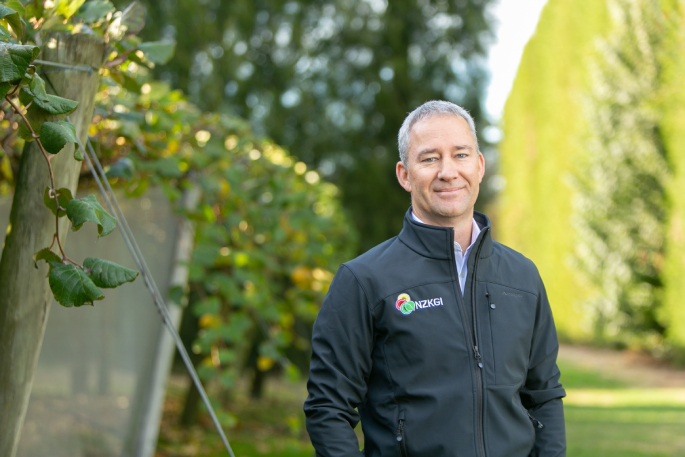The Environmental Protection Authority has announced a decision that hydrogen cyanamide, an active ingredient in sprays such as Hi-Cane, may continue to be used in New Zealand.
Hydrogen cyanamide had initially been under review by the EPA as a carcinogen, however the authority reversed this when they found no evidence to support the claim.
Kiwifruit grower’s advocacy group New Zealand Kiwifruit Growers Inc. has led the industry to advocate strongly for the retention of Hi-Cane since the EPA’s call for information on the chemical in 2019.
A ban would have had a massive economic impact on the country’s most valuable horticulture export, closing orchards and hurting the communities that rely on the industry’s prosperity.
Hi-Cane, used once per year on kiwifruit orchards, is a critical chemical for the success of the kiwifruit industry.
It promotes uniform bud break of flowers, ultimately maximising the production of high-quality kiwifruit. It has allowed our industry to remain competitive and profitable in the markets to which we export.
“I would like to take this opportunity to thank all the growers and wider stakeholders who fought for the continued use of Hi-Cane,” says NZKGI CEO Colin Bond.
“That the EPA’s Decision-Making Committee has decided for the retention of hydrogen cyanamide speaks for the industry’s collaborative response through many years of hard work.
“Growers and the communities who rely on our industry’s success will be relieved that the EPA have made the right decision to retain its use.
“Hi-Cane is a vital tool for kiwifruit growers and its retention will help support a booming industry.
“Despite the decision today, we will continue to protect our workers and environment and we are committed to an ongoing programme of continuous improvement and best practice that focuses on safe spraying practices both from a human and environmental health perspective.
“The industry has adopted a coordinated approach to maintain safe spraying practice over many years mandating low-drift technologies in relation to buffer zones and going above and beyond the required standards.
“In addition, we have engaged with the communities in which we live and work, including an education programme, so that people who have remaining concerns can get a better understanding of the chemical.
“The announcement of the retention of hydrogen cyanamide comes with some new controls, and we will now analyse the impact of these restrictions and consult with our growers on this in the near future.
“Unfortunately this reassessment has been a marathon, costing our small advocacy organization most of our retained earnings to fight.
“The doubt that has been cast on our industry over the last several years has had serious consequences on the well-being of our growers as well as creating financial uncertainty across the industry.
“Orchard prices have dropped significantly throughout the assessment, which will be partially attributable to the risk felt by investors.
“The reassessment would have no doubt inhibited growth at a time when export earnings are critical for our national economy.
“An independent economic report commissioned by NZKGI found that if Hi-Cane was in fact banned, it would have a significant impact on New Zealand’s economy including Māori growers and their whānau and communities.
“These concerns were voiced clearly by growers at the hearing on the reassessment.”
The initial reason that the EPA wanted a reassessment and proposed a phase out of hydrogen cyanamide was due to human health concerns. Based on overseas information, the EPA were concerned that the chemical had carcinogenic properties.
However, evidence provided to, and accepted by the EPA, has shown that this is not the case.
Despite these findings, the EPA continued with its reassessment and proposed a phase out of the chemical, albeit over a longer period than initially recommended, due to concerns that Hi-Cane is harmful to birds and some soil organisms.
However, expert reports stated that the EPA’s risk assessments relating to birds and soil organisms were overly conservative and this is backed up by grower observations.
The EPA’s reassessment process has been arduous for the kiwifruit industry.
Throughout the call for information on the reassessment, the EPA recognized that their models were out of date.
NZKGI will now begin conversations with the EPA around improving their processes.



1 comment
Profit More Important Than Safety
Posted on 24-05-2024 08:08 | By Floyd
Apparently New Zealand knows more about this chemical than other countries which have banned it. Yeah right. Chinese gooseberries and the associated profit is more important than people's health. The chemical will be phased out eventually however in the meantime collateral damage is acceptable.
Leave a Comment
You must be logged in to make a comment.